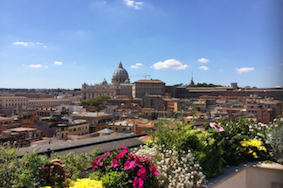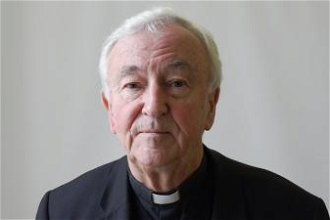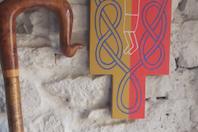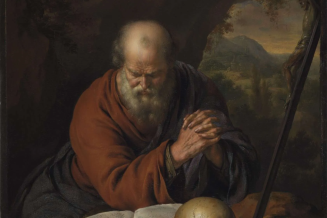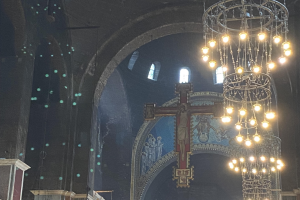Pope modifies Church law on personal prelatures
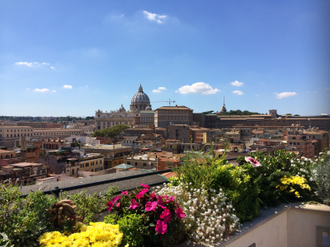
image ICN/JS
Source: Vatican Media
Pope Francis has made updates to some Church laws relating to personal prelatures.
A personal prelature is made up of a particular group of faithful and is structured in a hierarchical manner, with a prelate who is its head and source of unity and with priests and deacons who assist him.
The first, and so far the only, personal prelature is Opus Dei, which was established by Pope John Paul II in 1982. In Opus Dei, the prelate is elected by members of the prelature and confirmed by the Pope.
Pope Francis' new motu proprio goes into force, today, 8 August, the Feast of St Dominic, with its promulgation in L'Osservatore Romano, and later, inclusion in the official commentary of the Acta Apostolicae Sedis.
In the new legislation, it says that given recent Church law updates, especially Art. 117 of the Apostolic Constitution Praedicate evangelium (19 March 2022), in which the competence over personal prelatures was transferred to the Dicastery for the Clergy, upon which public clerical associations with the faculty to incardinate clerics also depend (Art. 118, 2), the Pope modifies canons 295 and 296 relating to personal prelatures.
In the Code of Canon Law's Book II on the People of God, Title IV is the section which contains four canons, 294 to 297, pertaining specifically to personal prelatures.
The first articles address modifications to canon 295.
The first concerns the statutes and the Prelate, and adds that the personal Prelature is 'assimilated to public clerical associations of pontifical right with the faculty of incardinating clerics', that its statutes can be 'approved or issued by the Apostolic See' and that the Prelate acts 'as Moderator, endowed with the faculties of an Ordinary.'
This part of the canon, therefore, is reformulated, as follows:
"Can. 295 - 1. The personal prelature, which is similar to public clerical associations of pontifical law with the ability to incardinate clerics, is governed by statutes approved or emanated by the Apostolic See and presided over by the Prelate as Moderator, endowed with the faculties of an Ordinary, who has the right to erect a national or international seminary as well as to incardinate students, and promote them to orders under title of service to the prelature."
Responsibilities of the Prelate
The second article concerns the responsibilities of the Prelate regarding the formation and support of incardinated clerics of the Prelature, specifying that he acts 'as Moderator, endowed with the faculties of an Ordinary.'
This canon can be formulated as follows:
"Can. 295 - 2. As a Moderator endowed with the faculties of an Ordinary, the Prelate must provide either for the spiritual education of those whom he has promoted by the aforementioned title, or for their dignified support."
To canon 296, concerning the participation of the laity in the apostolic activities of the personal Prelature, the reference to canon 107 is added, a canon that stipulates "through both domicile and quasi-domicile, each person acquires his or her pastor and ordinary."
This canon, the Pope reformulates, as follows:
"Can. 296. Servatis can. 107 according to the provisions and agreements entered into with the prelature, the laity can dedicate themselves to the apostolic works of the personal prelature; but the manner of this organic cooperation and the main duties and rights connected with it, shall be determined appropriately in the statutes."
Opus Dei spokesman Manuel Sanchez told CNA the organization "will study what consequences these changes may have for the juridical configuration of Opus Dei, also in the context of the work that is being carried out with the clergy dicastery on the adaptation of the statutes required by the motu proprio Ad Charisma Tuendum, in a climate of communion with the Holy Father."



